After the fire: Malibu scientists urge action to protect coastal ecosystems – the Malibu Times
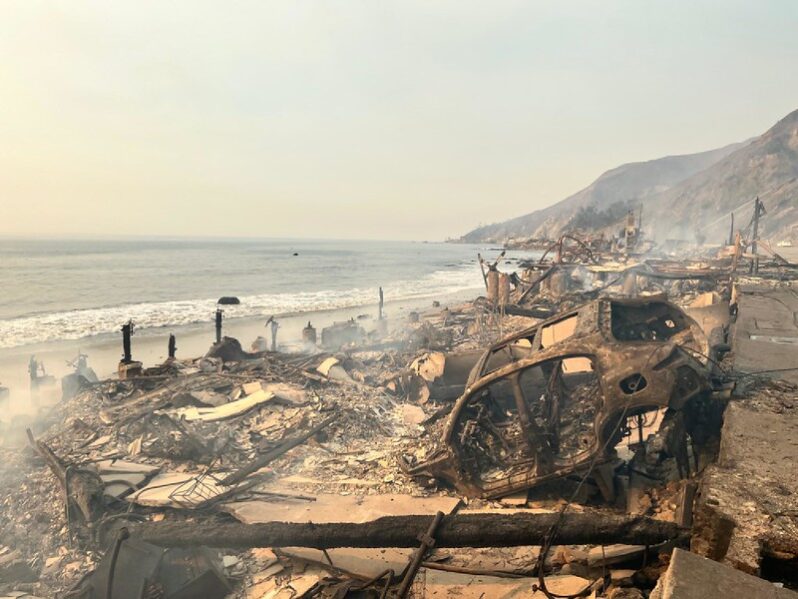
As cleanup efforts focus on land, marine experts warn of the Palisades Fire’s hidden toll on beaches and ocean life…
L.A. fires wreaked havoc on the land. Scientists are racing to learn what they’ve done to the sea – the Los Angeles Times
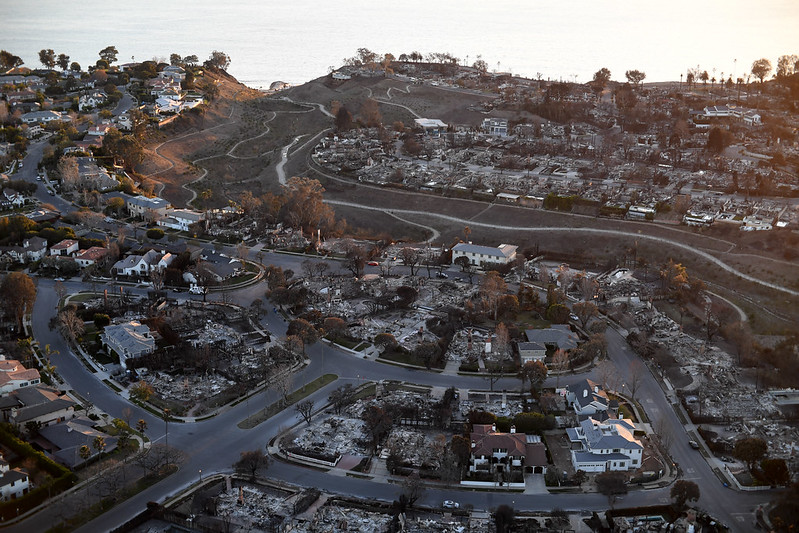
The charred and toxic remnants of thousands of destroyed homes, businesses, cars and electronics will eventually come to rest in the ocean.
Ash from the fires has been detected 100 miles offshore.
Public health officials have urged people to avoid several miles of beaches as recent rains wash contaminants into the sea.
As Russian oil spill fouls beaches, locals fume over official response – the Washington Post
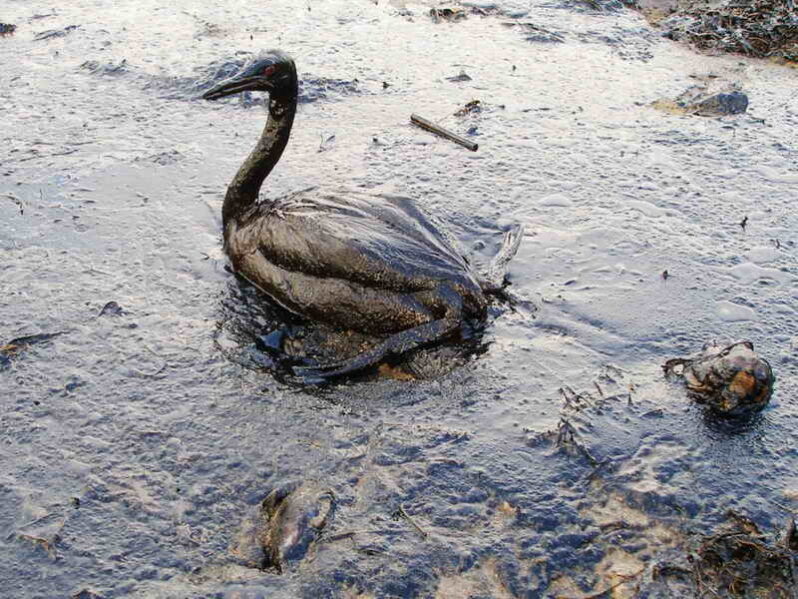
City invented Australia’s beach culture, environmentalist Richard Gosden says, but all this time ‘it’s been conducted in diluted sewage’…
Sydney’s unusual sewerage system to blame for faecal and fat balls on beaches, experts claim – the Guardian
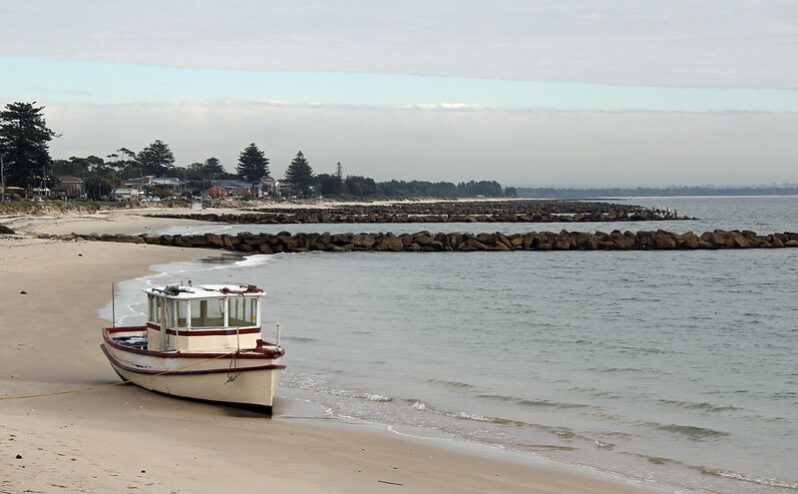
City invented Australia’s beach culture, environmentalist Richard Gosden says, but all this time ‘it’s been conducted in diluted sewage’…
Untreated sewage and fertilizer runoff threaten the Florida manatee – the Conversation
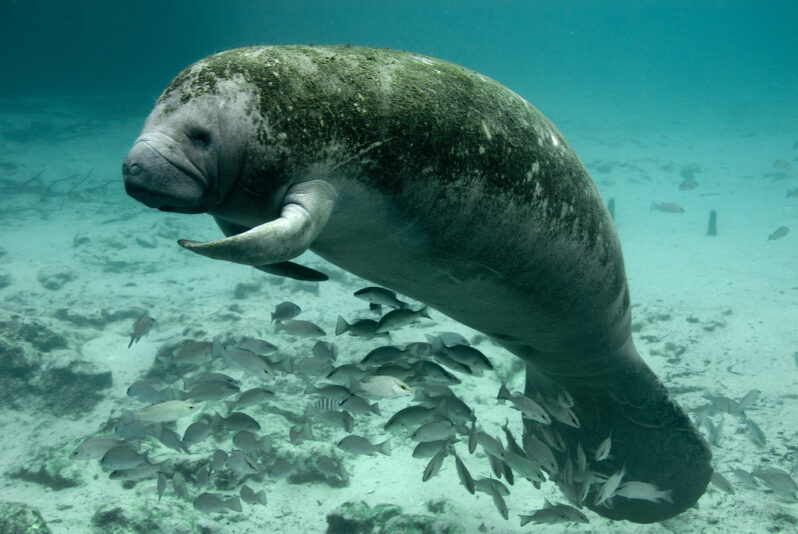
The gentle, slow-moving Florida manatee has no natural predators. And yet, these charismatic mammals face numerous threats….
Win for wild swimmers as government pledges crackdown on water pollution in bathing spots – the Independent
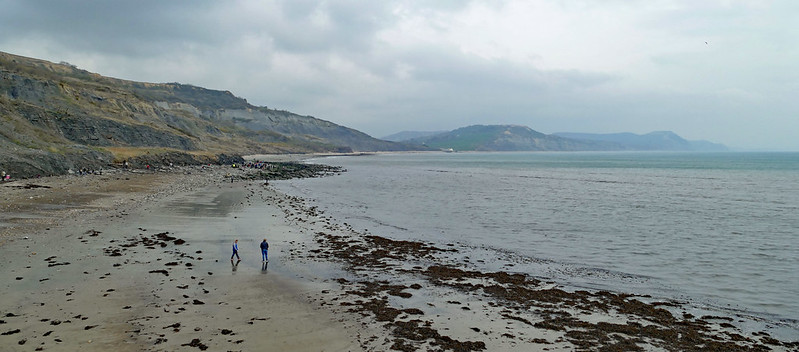
Plans are being considered to increase the protection of England and Wales’ 550 water bathing spots from beyond the summer months and see the number expended to include popular surfing spots…
‘I swam in the polluted Channel and now I need hearing aids’ – the Times UK
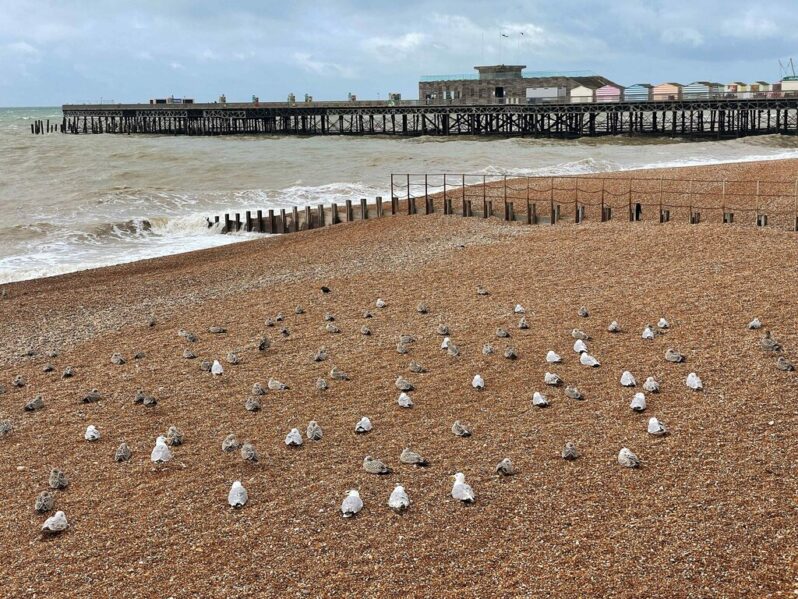
Maggie Alderson blames poor water quality off Hastings for an infection that punctured her ear drum. Samples taken from the sea would appear to back that up…
Cape Cod needs to clean up its water. The solutions could cost billions – WBUR Boston | Scientific American
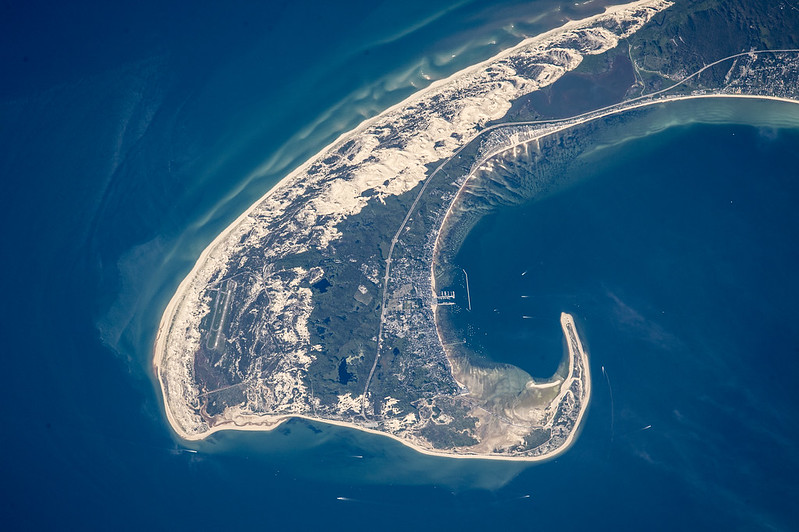
It’s a critical moment for Cape Cod. The Cape has more than 550 miles of coastline, at least 890 freshwater ponds and 53 small saltwater bays bordering the ocean. That water is the Cape’s raison d’être: residents and visitors use it for swimming, boating and fishing, and it forms the backbone of the region’s $1.4 billion tourism industry. Now Cape Cod communities are scrambling for solutions before their ecosystems, economies and property values collapse….
Popular Maui beaches remain open despite no official word they’re safe – SFGATE

Nearly six months after the Lahaina wildfire on Maui, questions remain about how ongoing contamination from the burn zone may be affecting the shoreline of West Maui — even as locals, and an increasing number of tourists, continue to swim and surf at beaches…
